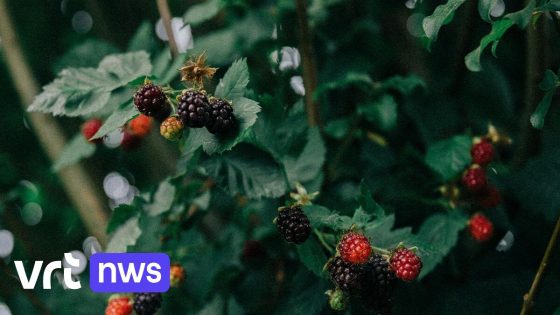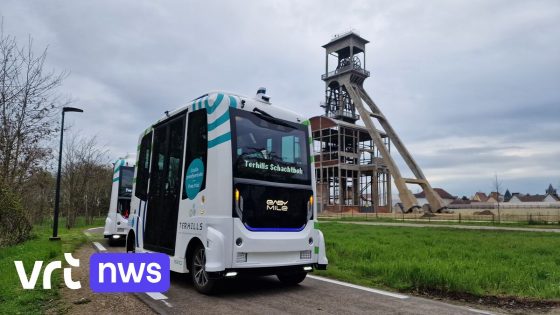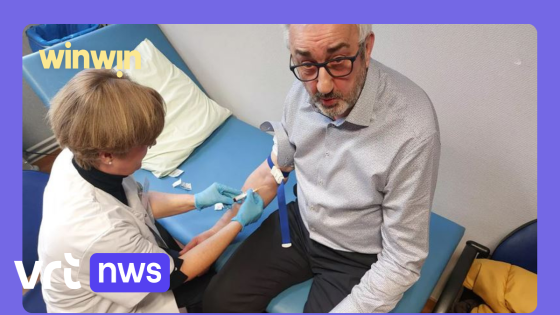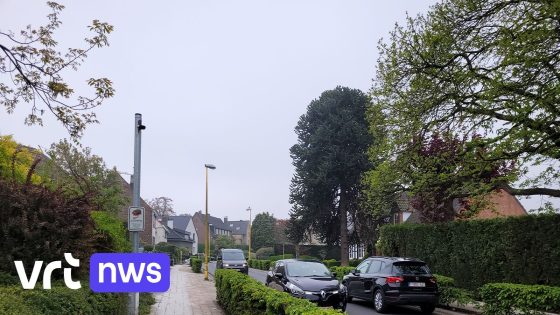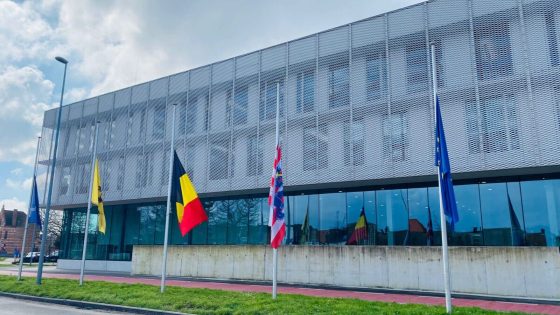Belgium is embracing nature’s bounty with a new wild picking route and garden featuring edible berries and fruits. This initiative, launched three years ago, has started to flourish, offering locals a unique way to connect with their environment. As of 2025-05-18 21:09:00, the wild picking area is thriving with ripe blackberries, redcurrants, gooseberries, and even medlar fruits ready to be harvested.
- Started systematic planting of edible berry shrubs
- Berry bushes mature and bear fruit now
- Includes blackberries, red currants, gooseberries, medlars
- Created a wild picking route by Marie Braem
- Route spans nearly 6 kilometers from Zomerhuis
- Allows free picking of fruits and herbs year-round
The project began with systematic planting of fruit-bearing shrubs on a local domain, overseen by environmental officer Jan Van Dooren. Alongside the wild picking garden, a nearly six-kilometer route was designed to encourage exploration and sustainable foraging. The route, initiated by Stekene resident Marie Braem, invites people to discover and share nature’s edible treasures throughout the year.
How can this initiative impact local communities and nature lovers? What benefits does it bring to the Belgian landscape? Let’s explore the significance of this wild picking route and garden.
This wild picking initiative raises important questions about urban green spaces and community involvement. Could this inspire more sustainable food practices and outdoor activities? Key points to consider include:
- Encouraging biodiversity by planting native fruit-bearing shrubs
- Promoting healthy outdoor recreation through accessible foraging routes
- Fostering community spirit by sharing natural resources
- Educating the public about local edible plants and sustainability
Looking ahead, expanding such wild picking routes across Belgium could further enhance environmental awareness and community well-being. Why not explore your local green spaces and discover what edible treasures await?



